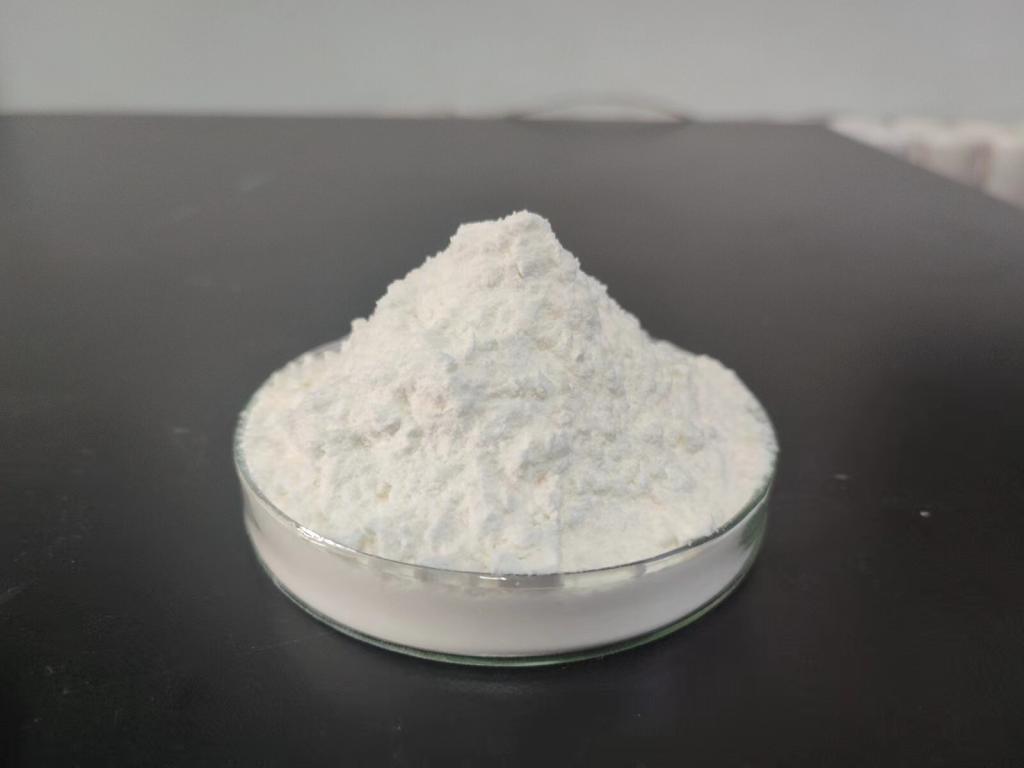Tel:+8618231198596

News
 CONTACT
CONTACT
 CONTACT
CONTACT
- Linkman:Linda Yao
- Tel: +8618231198596
- Email:linda.yao@dcpharma.cn
- Linkman:CHARLES.WANG
- Department:Overseas
- Tel: 0086 0311-85537378 0086 0311-85539701
News
Current Position:
Home >
News
>ε-Polylysine Hydrochloride's Contribution to Enhancing the Safety of Street Food.
ε-Polylysine Hydrochloride's Contribution to Enhancing the Safety of Street Food.
TIME:2023-09-13
Introduction
Street food is more than just a convenient dining option; it represents a rich tapestry of flavors and cultural traditions that have captivated taste buds for centuries. From bustling Asian night markets to iconic New York hot dog stands, street food vendors serve up a world of culinary delights. However, this cherished aspect of culinary culture often comes under scrutiny due to concerns about food safety. The open-air preparation and storage of street foods can pose health risks. ε-Polylysine Hydrochloride, a naturally derived antimicrobial agent, offers a solution to these concerns. This article explores its role in enhancing the safety of street food.
I. ε-Polylysine Hydrochloride: An Overview
Discovery and Characteristics: ε-Polylysine, derived from strains of Streptomyces albulus, is a natural polymer composed of lysine residues linked by peptide bonds. Its hydrochloride salt, ε-Polylysine Hydrochloride, is a safe and effective antimicrobial agent.
Mechanism of Action: ε-Polylysine Hydrochloride's antimicrobial activity is based on disrupting the cell membranes of microorganisms. This mechanism makes it highly effective against a broad spectrum of bacteria and yeasts.
II. Food Safety Concerns in Street Food
Open-Air Preparation: Street food is often prepared and served in open-air environments, making it susceptible to contamination by dust, insects, and airborne pathogens.
Limited Refrigeration: Many street food vendors have limited access to refrigeration, which can lead to the rapid growth of foodborne pathogens.
Hygiene Practices: Varied hygiene practices among street food vendors can raise concerns about the cleanliness of utensils, food handling, and overall food safety.
III. Applications of ε-Polylysine Hydrochloride in Street Food Safety
Surface Treatment: ε-Polylysine Hydrochloride can be applied directly to the surface of street food items, such as grilled meats, to inhibit bacterial growth during cooking and display.
Marinades and Sauces: Street food often features marinades and sauces, which can be fortified with ε-Polylysine Hydrochloride to ensure the safety of these components.
Food Preservation: In cases where refrigeration is limited, ε-Polylysine Hydrochloride can extend the shelf life of certain street food products, reducing the risk of spoilage and foodborne illnesses.
IV. Benefits of ε-Polylysine Hydrochloride in Street Food Safety
Improved Food Safety: The antimicrobial properties of ε-Polylysine Hydrochloride significantly reduce the risk of bacterial contamination in street food, enhancing its safety.
Extended Shelf Life: By inhibiting the growth of spoilage microorganisms, ε-Polylysine Hydrochloride helps extend the shelf life of street food products, reducing food waste.
Minimal Impact on Flavor: ε-Polylysine Hydrochloride has a minimal impact on the flavor and sensory characteristics of street food, ensuring that the unique tastes and textures are preserved.
V. Regulatory Considerations and Consumer Acceptance
Regulatory Approval: The use of ε-Polylysine Hydrochloride in food products is subject to regulatory oversight in various countries. Food vendors must adhere to established guidelines and maximum allowable levels to ensure compliance.
Consumer Education: Educating consumers about the safety and benefits of ε-Polylysine Hydrochloride in street food is crucial. Transparent communication can help build trust and acceptance of this natural antimicrobial agent.
VI. Future Prospects
The integration of ε-Polylysine Hydrochloride into street food safety practices offers promising prospects for the industry. Future developments may include:
Innovative Applications: Continued research may uncover innovative applications of ε-Polylysine Hydrochloride to further enhance the safety of diverse street food offerings.
Global Adoption: As awareness of food safety grows, ε-Polylysine Hydrochloride could see increased adoption by street food vendors worldwide.
Collaboration: Collaboration between street food vendors, regulatory agencies, and researchers can lead to effective safety practices and guidelines.
VII. Conclusion
Street food is a cultural treasure celebrated for its diversity and flavor, but concerns about food safety persist. ε-Polylysine Hydrochloride, a natural antimicrobial agent, offers a solution to these concerns by inhibiting the growth of bacteria and yeasts. Its potential applications in surface treatment, marinades, and food preservation make it a valuable tool for street food vendors. As the industry continues to evolve, the integration of ε-Polylysine Hydrochloride into street food safety practices can ensure that consumers can savor these culinary delights with confidence, knowing that their favorite street foods are both delicious and safe.
- Tel:+8618231198596
- Whatsapp:18231198596
- Chat With Skype







